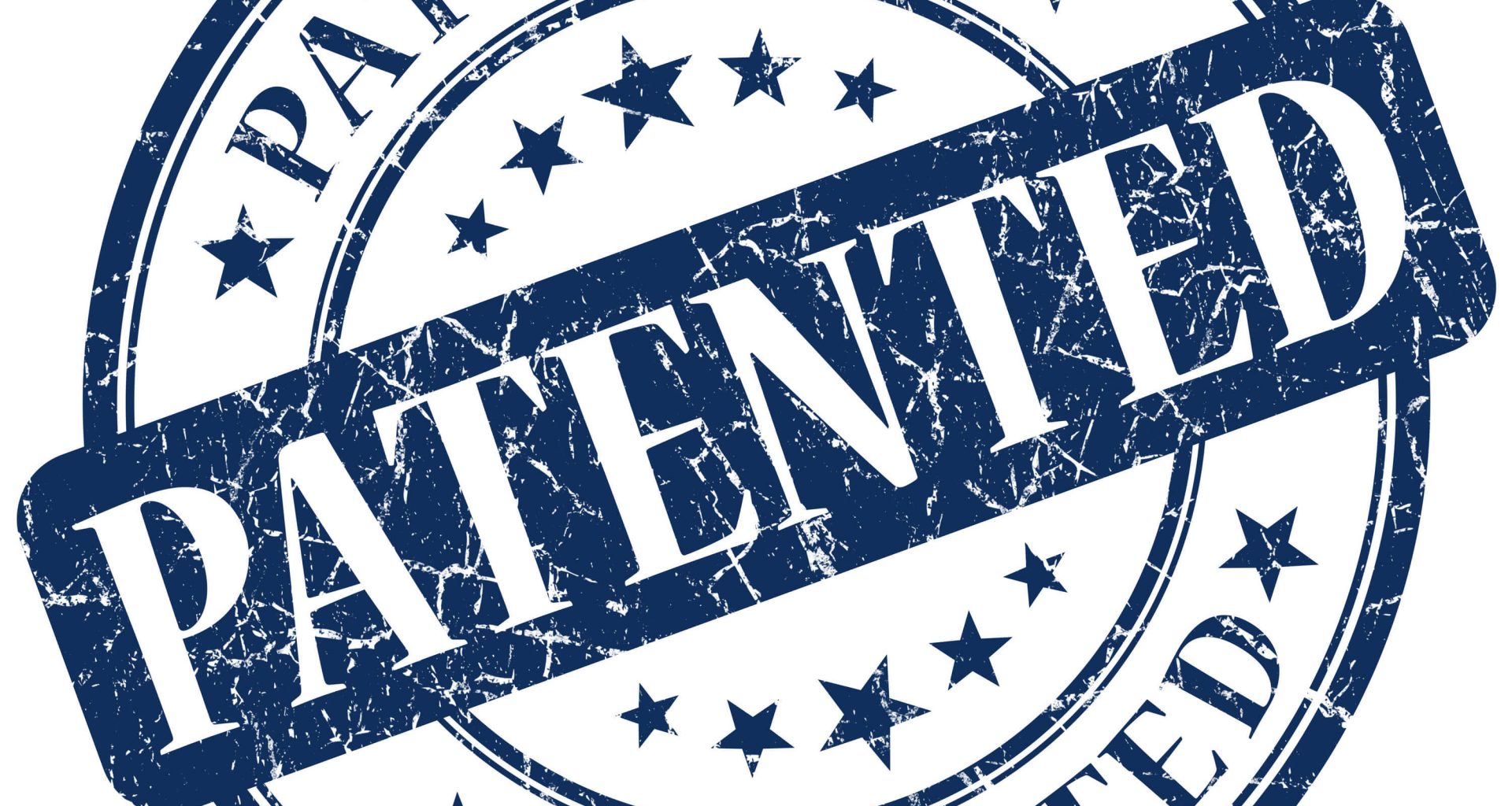Google announced this morning that it has launched an experimental program to purchase patents from businesses and other patent holders who wish to sell.
The company calls the new effort “Patent Purchase Promotion,” and is opening it up next month. In typical Googley fashion the company dubbed the initiative “an effort to remove friction” from a patent market that is currently fraught with patent trolls, lawsuits and other wasted efforts.
Through a new online portal, patent holders will be able to list the patents they have for sale, and set their own prices.
But the marketplace will not remain open indefinitely. Instead, Google says that it will go live on May 8, 2015, and will be available through May 22, 2015. The decision to keep it open for only a limited time means the company will have to work quickly to determine which patents it wants to buy. This should benefit sellers in need of an immediate decision. Google is the only buyer in the marketplace.
If Google opts to buy a patent, it will work with the company through due diligence, and close the transaction “in short order.” The company anticipates that all patent sellers will be paid by late August by way of ACH bank transfer.
The portal is only open to U.S. patent submissions.
Google stressed that the program is only an experiment. However, with something that could make a more substantial impact to Google’s bottom line, that “experiment” remark may be underselling the potential of the program just a bit.
After all, this is essentially Google’s way of getting its hands on valuable assets before they end up in the hands of a patent trolls. These trolls leverage their own portfolios of patents to generate revenue for their business – at the cost of legitimate industry users.
Patent trolls, and their despicable ways, have been in the forefront of people’s minds in recent days. Comedian John Oliver skewered the practice on “Last Week Tonight,” where he quipped that calling them patent trolls was an insult to real trolls.
“At least trolls actually do something — they control bridge access for goats and ask people fun riddles,” he said.
The program appears to be a good way for Google to find out what patents are on the market today, including which ones it might need to worry about. And it’s able to gather all this information with very little transaction costs because people are flooding them with submissions.
As to whether selling to Google will be a good choice for patent holders rather than pursuing other avenues is unclear. The company explains in a FAQ on its website that it isn’t yet sure how much money it’s planning to spend because it doesn’t know what the response level will be.
For those patents Google does acquire, it will continue to use them just like it does others in its large portfolio. This includes licensing them to others.
A nice benefit is that Google’s agreement says that as a part of the sale, sellers will be able to retain a license back to their patent.
It will be interesting to see if the idea catches on with both Google and potentially the industry at-large.
Stay Connected